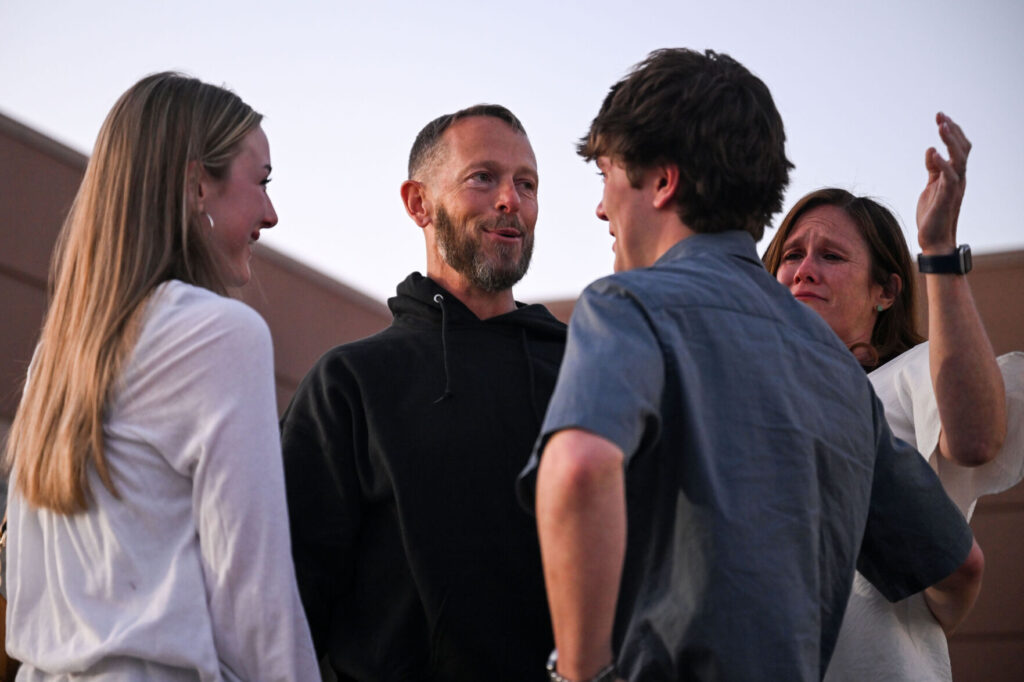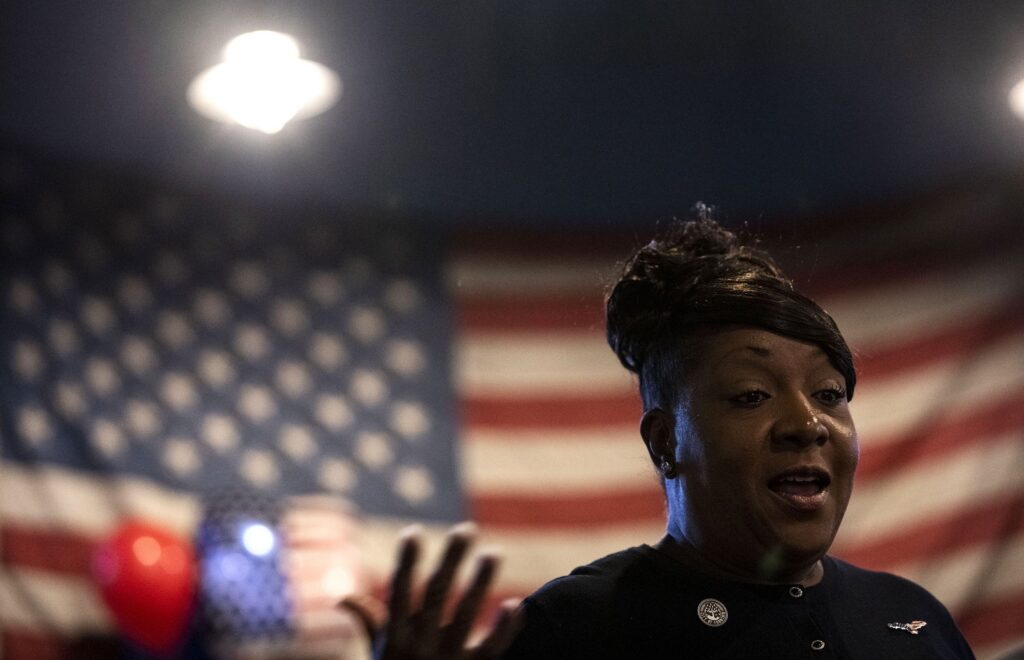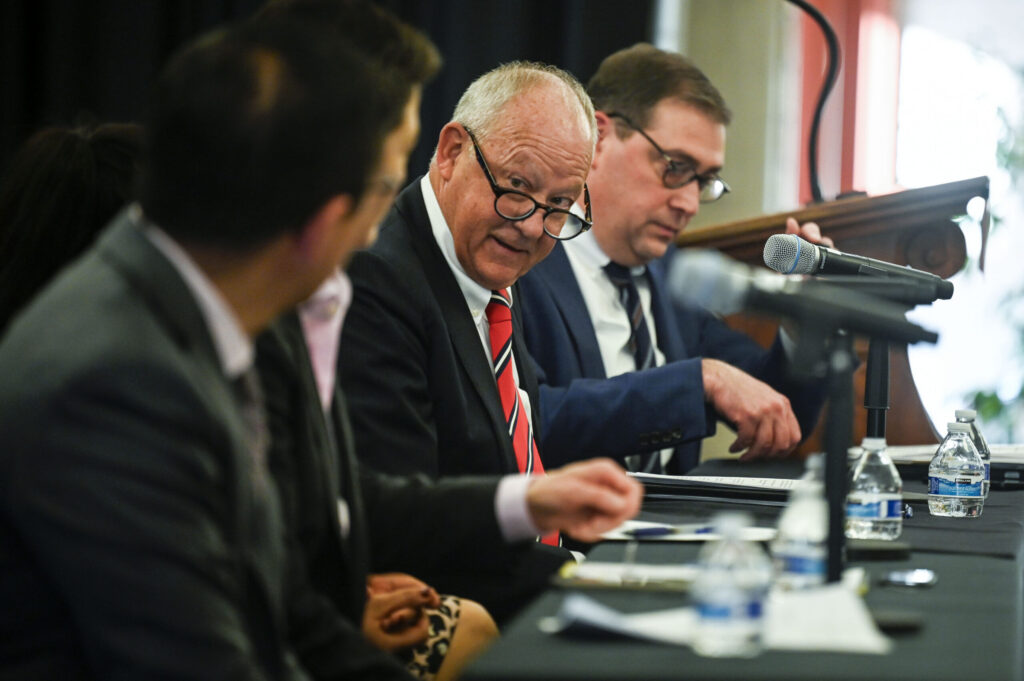Federal, state, municipal judges exchange thoughts with lawyers on civility, other topics
Members of the federal, state and local judiciaries held a series of conversations with attorneys on Friday, with topics that included civility, treatment of self-represented litigants and differing expectations across courts.
“It’s much more difficult to practice in the federal court in the sense that you have more rules to comply with,” said U.S. District Court Senior Judge Christine M. Arguello. “We’re just much more demanding, I think, of the people who appear before us. But we give a lot more time because we have the time and the resources.”
Hosted at the Colorado Bar Association’s headquarters in Denver, the program, entitled “What Judges and Attorneys Wish the Other Knew,” featured six roundtable discussions between various judges and attendees. Although members of the bench asked attorneys for their feedback and candid opinions, each discussion centered on an assigned topic.
Justice Richard L. Gabriel said the Colorado Supreme Court does not often hear cases featuring a self-represented, or “pro se,” litigant. But he emphasized judges must walk a line between trying to understand what a non-lawyer is arguing without becoming an advocate for them.
“You might have to do a little bit of work to try to figure it out,” he said. “A judge can advise a pro se litigant on what the procedures are: ‘Here’s what’s gonna happen. You’re gonna file a complaint and they’re gonna respond.’ But we can’t become their lawyer. That becomes an ethical problem.”
Gabriel said he had more experience with self-represented litigants in his prior role as a Court of Appeals judge. If the case involved an incarcerated person, for example, he would occasionally look at the government’s brief first to understand what had happened so far. He also recalled a rare occasion on which the Court of Appeals permitted a pro se litigant to orally argue for himself.
“I believe strongly in giving people their day in court if they ask for it,” he said. “Studies show that if parties feel they have been heard, had a chance to be heard, the judge approached them with respect and came to the table without a thumb on the scale, people will accept even a negative result better than if they feel the process was skewed against them.”

Justice Richard L. Gabriel listens during oral arguments at the Colorado Supreme Court’s “Courts in the Community” event on May 9, 2024 at Central High School in Pueblo. (Photo by Jerilee Bennett, The Gazette)
Responding to a question from a lawyer, Gabriel added that he tends not to use footnotes in his opinions. Aside from a danger of interrupting the flow of an argument or an explanation, “the more broadly you write, the more likely you are to get in trouble. There’s a bigger risk that someone will misconstrue something you write broadly,” he said.
Gabriel clarified that he understands the need for lawyers to address items through footnotes in criminal cases, in the event a federal court eventually hears a constitutional challenge and needs to see the issue was raised at some point. Generally, however, footnotes are “too long and there are too many.”
Westminster Municipal Court Presiding Judge Jason Lantagne spoke about the need for lawyers to maintain civility. He said that in a close case, one side’s professionalism may be persuasive to a judge. Although self-represented litigants must be held to the same standard as attorneys, Lantagne said he has flexibility in some areas.
“A lot of that relates to formalities around pleadings. If someone in our case sends us an email entitled ’motion,’ that’s going to be filed as a motion. I’m not going to make someone go back and put it on correct tailored font and heading and all that,” he said. But “when it comes to civility, the standard is the same. The court is not going to tolerate a pro se person shouting at an attorney in court.”
Arguello, the federal trial judge, said compared with state court, U.S. district judges “impose a lot of professionalism on ourselves.”
“State court judges have such a heavier docket than we do. We complain about our docket but compared to state court judges, we don’t (have a heavy docket),” she explained.

U.S. District Court Judge Christine M. Arguello
On the other hand, Arguello said federal judges are expected to provide more detailed decisions to satisfy the standards of the federal appeals court and to spend more time on cases. In return, they demand more from practitioners. Arguello recalled that U.S. District Court Senior Judge R. Brooke Jackson, who was previously a trial judge in Jefferson County, believed state courts were more welcoming than their federal counterparts.
“I don’t think we’re less welcoming. We just have higher expectations,” she said. “They don’t get away with a lot of things they can get away with in the state court system.”
Arguello praised the increased use of virtual appearances in recent years, and said she generally finds videoconferencing helpful in civil proceedings.
“You can see facial expressions and gestures more clearly,” said Arguello. “COVID was terrible in the health consequences, but in terms of moving us light years forward in the system, it was wonderful.”
Finally, she cautioned that while local attorneys are civil and professional, the problem, in her experience, is out-of-state lawyers who “think they can steamroll over anybody.”











